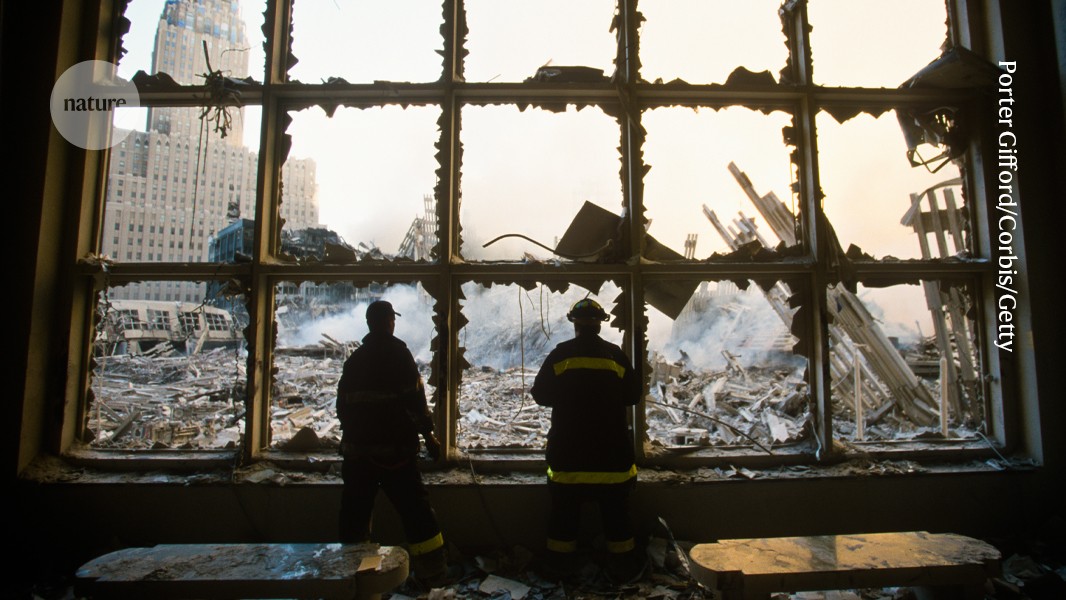
"After interviewing health-care workers who had responded to the terrorist attacks on 11 September 2001 in New York City, Erin Smith, a disaster-response researcher at Edith Cowan University in Perth, Australia, noticed her behaviour changing. "I started having nightmares where it was me buried in the rubble and I would wake up gasping for breath," says Smith. She became anxious about being in crowded spaces and had intrusive thoughts about the stories she had heard during her research."
"Vicarious trauma is increasingly being recognized as an occupational risk for researchers, particularly among those whose work involves distressing material. Repeated exposure to traumatic material increases the risk of vicarious trauma, as does a lack of mental-health support and having a history of trauma. Graduate students and early-career researchers are particularly vulnerable, says Smith, because they often lack the support network at work or during their studies of senior academics."
"There is evidence on how to reduce its effects. For instance, a study published last month found that having a designated person looking after researchers' wellbeing and policies mandating breaks or time off were effective strategies. In that vein, Smith is among those calling for workplaces to introduce policies that provide more emotional support and increase resilience for researchers. "Despite its significance, vicarious trauma in academia remains under-addressed," she says."
Researchers who are repeatedly exposed to others' traumatic experiences can develop vicarious trauma, manifested as nightmares, anxiety, intrusive thoughts, and avoidance of crowded spaces. Vicarious trauma can arise through work, including conducting research with distressing material. Risk factors include repeated exposure to traumatic material, lack of mental-health support, and a personal history of trauma. Graduate students and early-career researchers are particularly vulnerable due to weaker workplace support networks. Evidence shows workplace measures such as a designated wellbeing officer and policies mandating breaks or time off can reduce effects. Workplaces that introduce emotional-support policies can increase researcher resilience and address under-recognized occupational risk.
Read at Nature
Unable to calculate read time
Collection
[
|
...
]